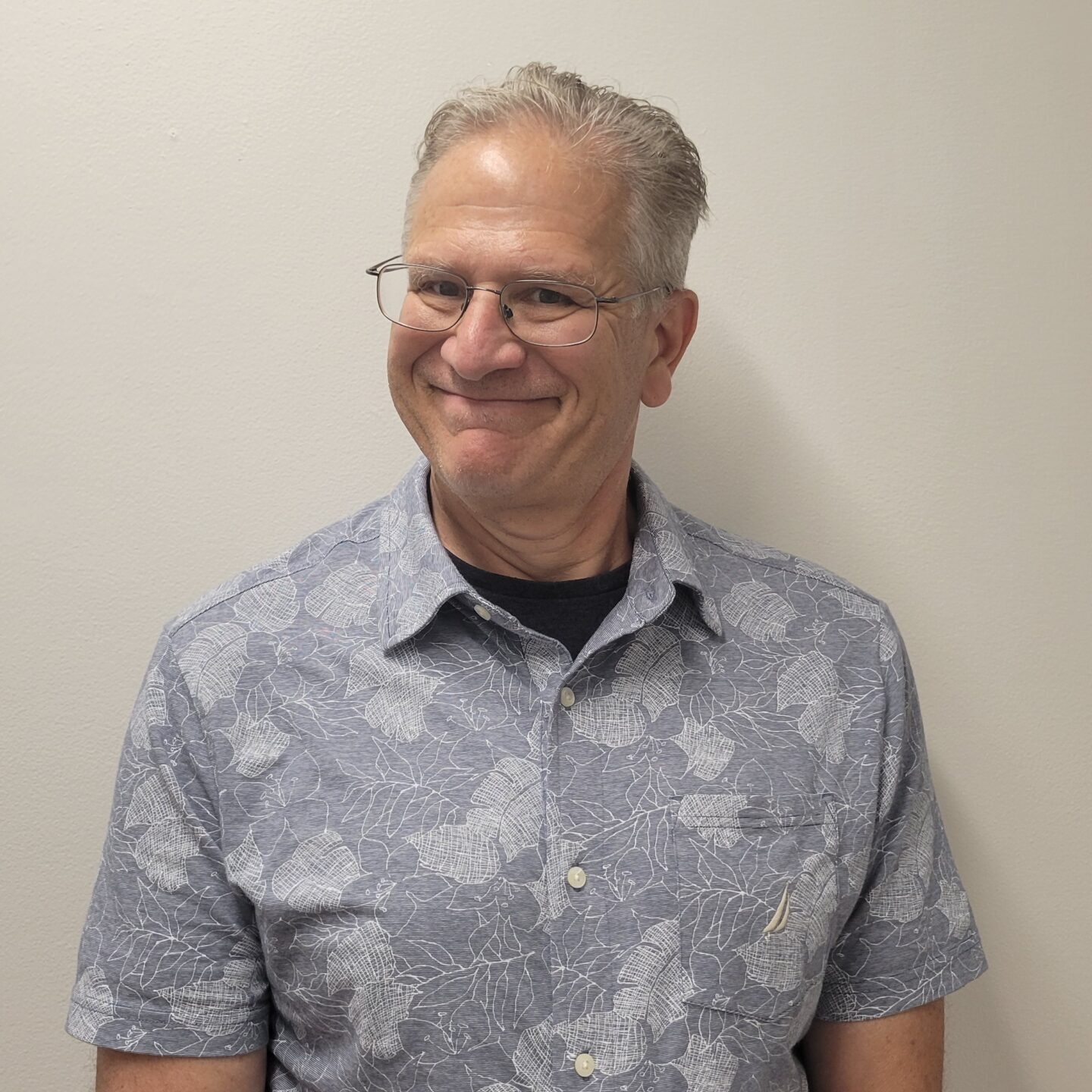My WLA Experience by Ron Scott

Ron Scott
Program Manager, Training Programs
Last year, Towards Employment Training Manager, Ron Scott, was selected as part of Cleveland's inaugural cohort of WLA.
What happens when 33 workforce professionals are placed together in an environment in which they have a chance to share experiences, brainstorm ideas, and develop solutions to some of the most vexing problems in workforce development?
The Workforce Leadership Academy is what happens. Funded by the Aspen Institute, the Workforce Leadership Academy allowed a cohort of northeast Ohio funders, program developers and advocates, government leaders, and academicians to dive carefully into the current state of workforce development in northeast Ohio. We were led by Rebecca Kusner of the Ohio Workforce Coalition and Dr. Lashon Sawyer of Towards Employment, and they used their extensive network to bring in (either in-person or virtually) outstanding speakers who could help us better understand workforce development from a wide range of perspectives.
As someone new to workforce development, this workshop provided me with a means of immersing myself in a conversation that’s been going on long before I got involved, and it both caught me up and positioned me in a place from which I can envision meaningful change. The methodology of the workshop encourages active engagement and creative thinking, and our facilitators were wizards at ensuring that everyone was heard and that all ideas were considered of equal value.
I also found especially meaningful the emphasis on diversity, equity, and inclusion in both our speakers and our approaches. The workshop felt powerfully anti-racist in many of the best ways, ranging from our discussions to the speakers who were brought in. For instance, we saw a staff member at the Federal Reserve make a visual argument for the inequities in many of our financial systems, while we also listened to narratives about inspiring efforts in cities like Buffalo to make equity viable. We were presented with academic arguments on the effects of systemic racism that led into a discussion by those doing front-line work to combat those effects. In total, these speakers helped us feel a bit less isolated in our own workforce projects, identifying the common mission that those in that cohort of 33 share with other individuals dedicated to doing this kind of work.
